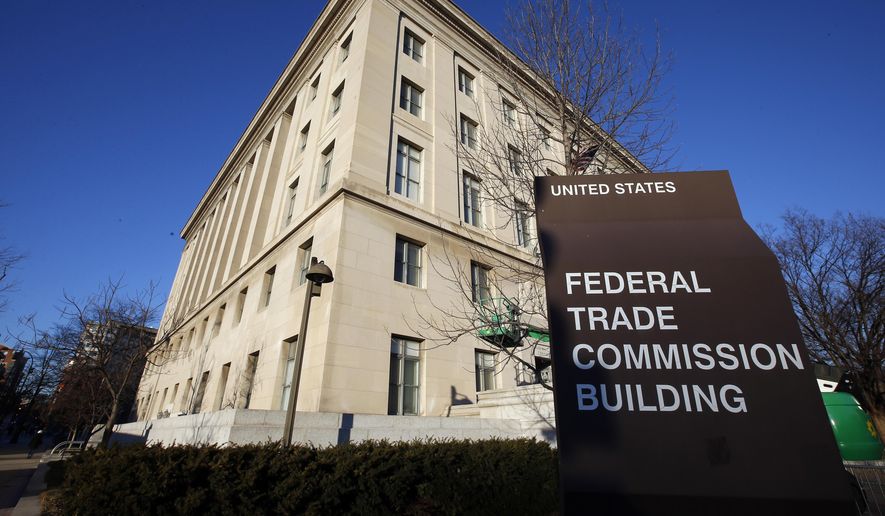The Federal Trade Commission proposed a rule Thursday that would bar employers from enforcing noncompete clauses on their workers, saying the pacts suffocate wage growth.
The proposed rule would make it illegal for employers from entering, trying to enter or maintaining a contract making a worker subject to a noncompete agreement.
Independent contractors, as well as paid and unpaid laborers fall under the scope of the proposed rule.
Employers who have active noncompete clauses would be required to rescind those agreements — and inform their employees when those agreements have ended.
“The freedom to change jobs is core to economic liberty and to a competitive, thriving economy,” FTC Chairwoman Lina M. Khan said in a news release. “Noncompetes block workers from freely switching jobs, depriving them of higher wages and better working conditions, and depriving businesses of a talent pool that they need to build and expand.”
About 1 in 5 American workers, or 30 million people, are bound by noncompete clauses that prevent them from working for rival companies or from starting a business in the same industry and general area for a certain period after workers leave their former employer, according to the FTC.
The agency estimated that its proposed rule could increase wages by nearly $300 billion per year for workers who are contractually obligated by noncompete agreements.
FTC argues that workers tied to noncompete contracts and those who aren’t suffer from lower wages since the clauses let employers remove a skilled employee from other job opportunities and drive down the bargaining power of all current and prospective employees.
It also argues that noncompetes stifle entrepreneurship and prevent the innovation that happens when talented workers can collaborate in different work environments.
Examples of occupations that commonly have noncompete clauses in their employment contracts are hairstylists, warehouse workers, doctors and business executives.
The FTC said this dynamic affects consumers as well since they can be forced to pay higher prices because it channels a smaller number of new workers in an industry into a handful of companies, as with the health care sector.
President Biden mentioned his intent to revoke noncompetes on the campaign trail in 2020, according to Bloomberg News.
Multiple states have already banned noncompete agreements in one form or another, according to the Society for Human Resource Management.
California, North Dakota, Oklahoma and the District of Columbia forbid noncompete agreements with a few narrow exceptions.
Colorado, Illinois, Maine, Maryland, New Hampshire, Oregon, Rhode Island, Virginia and Washington state also prohibit noncompete agreements except when the worker earns above a certain threshold.
• Matt Delaney can be reached at mdelaney@washingtontimes.com.




Please read our comment policy before commenting.